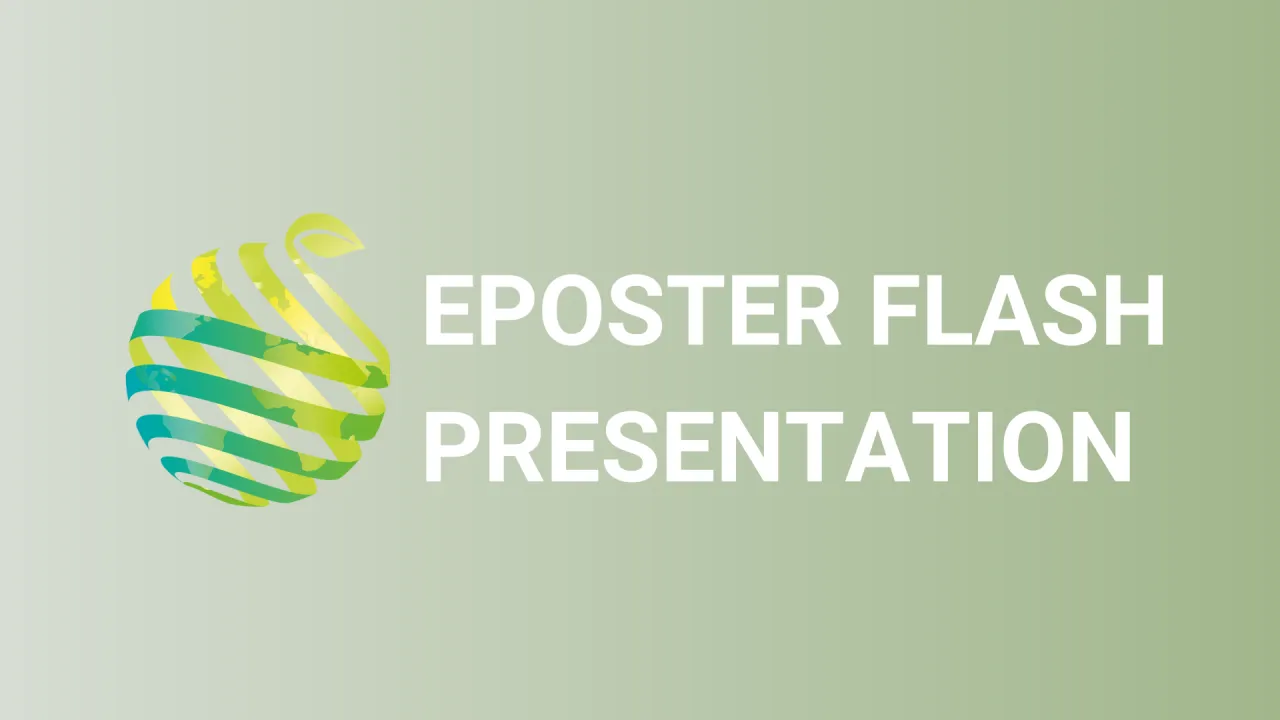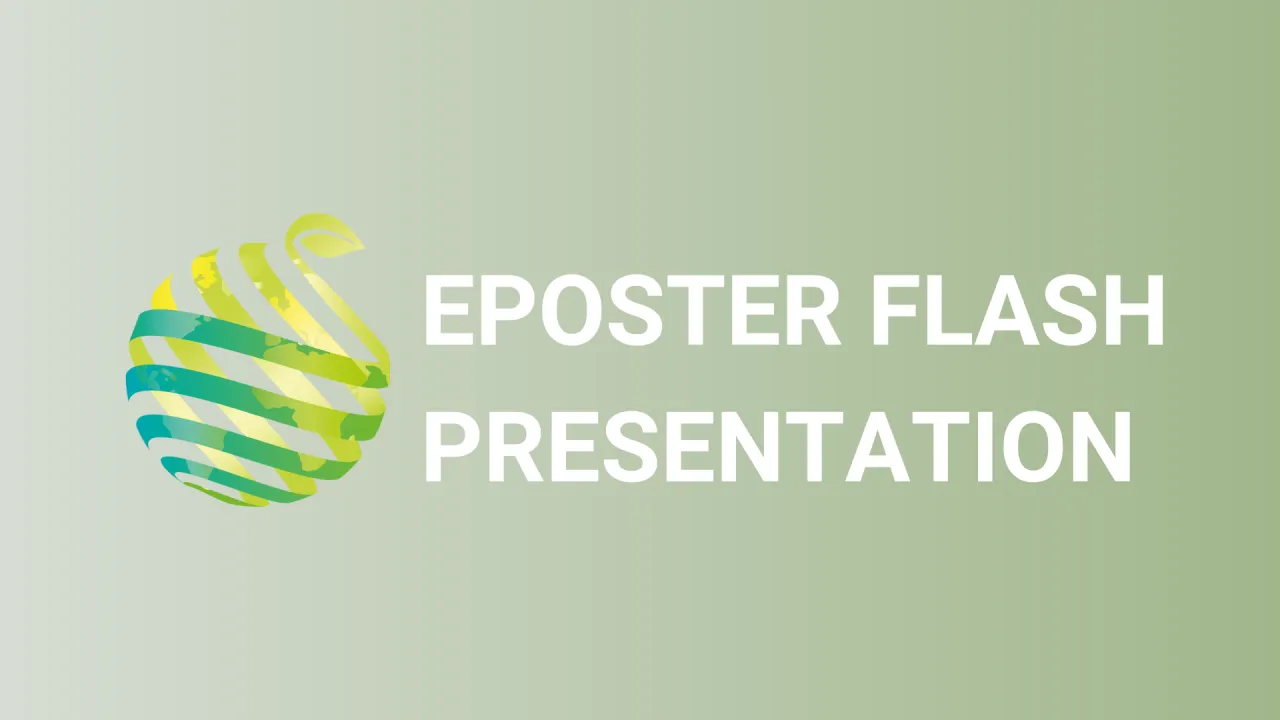

S21 - Session P2 - Screening of soil-borne microorganisms as potential biological control agent against Fusarium wilt of banana in Eastern DR Congo
Information
Authors: Janvier Mugisho *, Espoir BISIMWA BASENGERE, Anne LEGREVE
Fusarium wilt of banana, caused by the fungal pathogen Fusarium oxysporum f. sp. cubense (Foc), is one of the most destructive banana diseases worldwide. The disease was first reported in Democratic Republic of the Congo (RDC) in 2000. The production of chlamydospores in soil by the causal agent and the evolution of Foc races overcoming cultivar resistance make the disease difficult to control. Biological control using antagonistic microorganism is a promising and complementary strategy for managing banana Fusarium wilt. This study aims at identifying indigenous and effective biological control agents (BCAs) against Foc in Eastern DRC. Collections of bacterial and fungal strains isolated from banana rhizosphere soil in South and North Kivu highlands regions were constituted. Their direct antagonistic activities against Foc were screened in vitro. The top 10 fungal and bacterial BCAs were identified based on the sequencing of the ITS region for fungi and 16S rDNA for bacteria. Several strains of Trichoderma spp., T. asperellum , T. atroviride , T. harzianum , and Pseudomonas spp., Pseudomonas japonica and Pseudomonas protegens . were selected and their efficacy to control Foc disease in banana tested under greenhouse and field conditions.